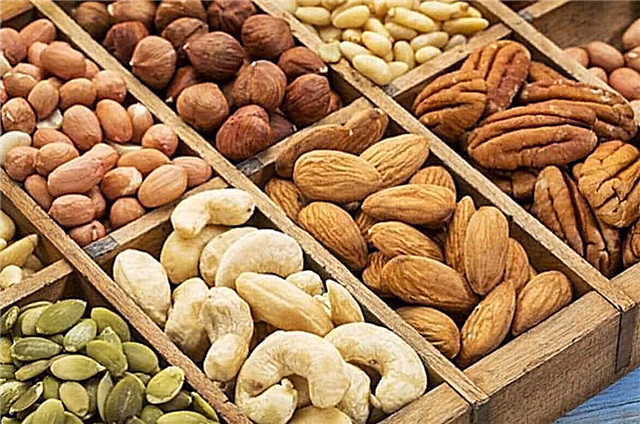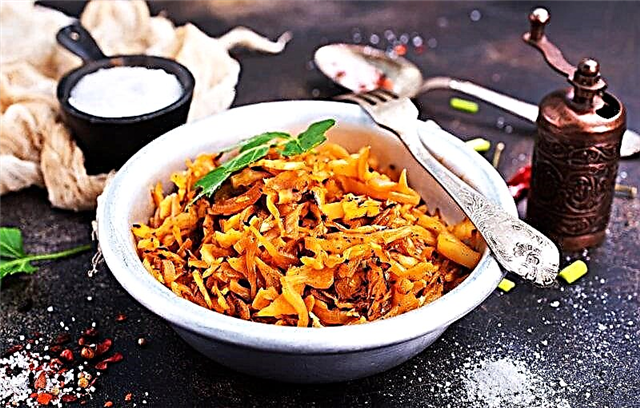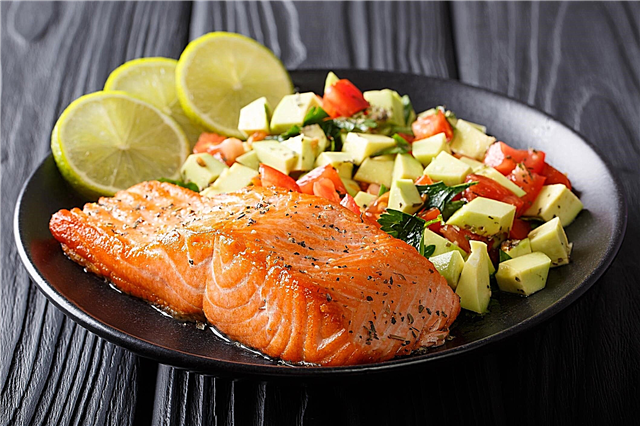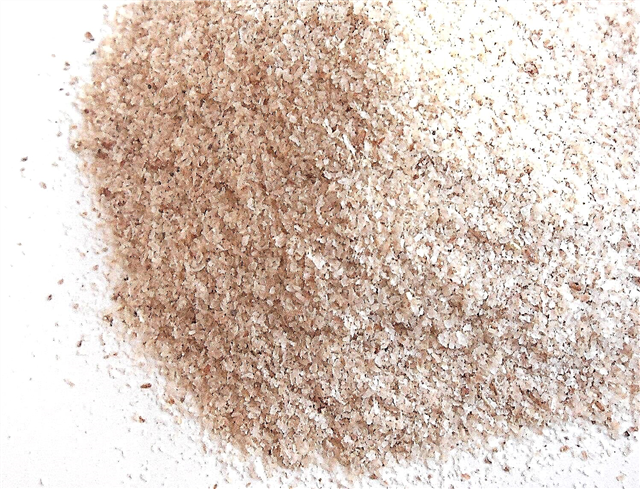Psyllium is a form of soluble fiber derived from the husk of psyllium seeds. About 85% of this powder is carbohydrates (mainly dietary fiber). The fiber content is about 70% soluble fiber and 30% insoluble fiber. Psyllium is one of the richest fiber foods with the least amount of net carbs.
Benefit
1. Helps with weight loss
Psyllium counteracts hunger by increasing the feeling of fullness after eating, which can aid in weight loss.
After contact with water, it expands and therefore creates a feeling of fullness. A triple-blind study of 17 women found psyllium to be a beneficial weight control supplement as it reduced calorie intake and increased feelings of fullness.
2. Treats constipation
By absorbing water, psyllium increases the amount of moisture in the stool, hence a rapid bowel movement. This is why psyllium powder is used as a bulk-forming laxative.
3. Relieves diarrhea
The mechanism for relieving diarrhea is unclear given psyllium's ability to treat constipation. However, several studies have shown that the powder can slow down bowel movements and thicken feces, relieving diarrhea.
4. Reduces blood sugar
Most fiber can act on high blood sugar and keep it in the normal range. Psyllium is best suited for this by slowing digestion due to its gel-like nature.
Is there fiber in your diet?
Well no
5. Contains prebiotic benefits
While psyllium is viewed as a prebiotic fiber, it stimulates the production of short-chain fatty acids and reduces digestive discomfort. By their nature, prebiotics are not digested and therefore promote the growth of intestinal bacteria.
Psyllium is not fermented, but some of its fibers are fermented by bacteria in the intestinal tract. The fermentation process results in short-chain fatty acids, which contain many health benefits, including the skin and colon.
6. Reduces cholesterol levels
Psyllium is an excellent lipid lowering agent. High levels of linoleic acids and soluble fiber reduce cholesterol levels and absorption in the body by increasing the production of bile acids. The powder has been shown to improve the overall cholesterol profile, with the secretion and excretion of bile acid being the main method for its elimination.
7.Reduces blood pressure and improves heart health
Adding psyllium to your diet can reduce blood pressure and the risk of heart disease. One study found that a daily dose of 5 grams of psyllium for six weeks resulted in a 26% reduction in triglycerides.
In another study of 36 people with high blood pressure, adding 12 grams of psyllium to the diet significantly reduced systolic blood pressure.
Possible minor side effects
Most people do not experience side effects after taking it, but you should definitely see your doctor if you experience any of these rare allergic reactions:
- Gases
- Stomach cramps
- Itching or swelling of the face or throat
- Chest pain
- Vomiting
- Difficulty breathing
- Severe dizziness
Remember that you must take psyllium in a glass of water to avoid choking after it swells.
How to use
Expert opinion
Vitaly Sidenchenko
Freelance copywriter and ketogenic diet blogger.
Ask an expert
Mix a teaspoon (5 grams) of powder with 230 ml of water. If the mixture is too thick, add some more water. Stir well for 20 seconds, then drink.
For specific products and brands, it is best to follow package directions and drink plenty of water throughout the day.











